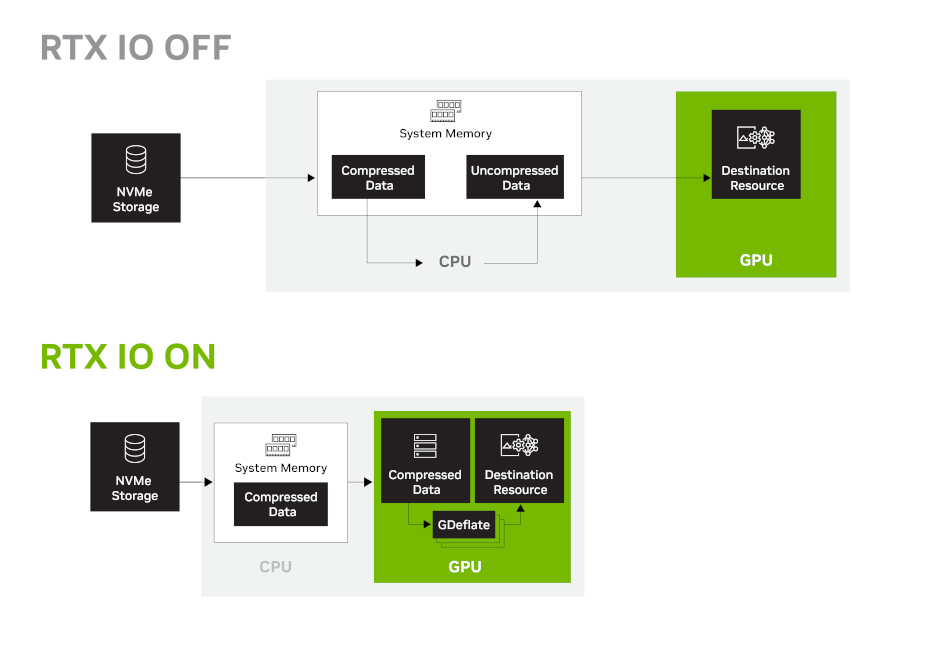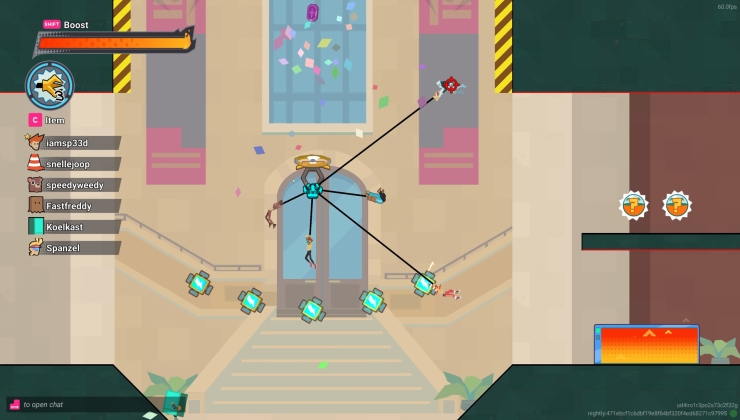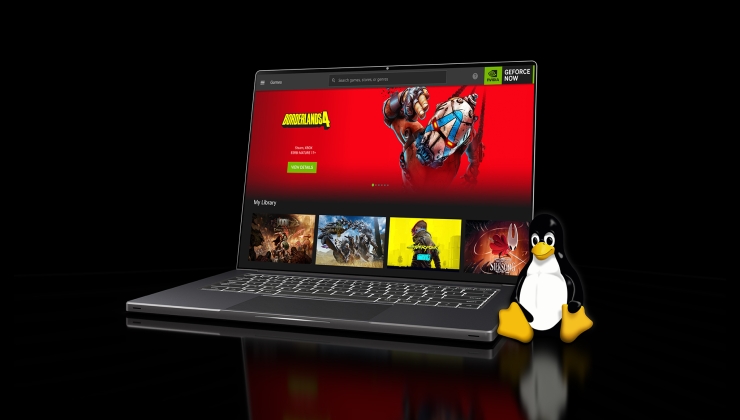Vulkan version 1.3.233 was released back in November, and with it came two new extensions from NVIDIA designed to help speed up gaming on Linux and Windows. Their tech is even used in DirectStorage from Microsoft.
The new extensions are:
- VK_NV_memory_decompression - This extension adds support for performing memory to memory decompression.
- VK_NV_copy_memory_indirect - This extension adds support for performing copies between memory and image regions using indirect parameters that are read by the device from a buffer during execution. This functionality may be useful for performing copies where the copy parameters are not known during the command buffer creation time.
It forms part of NVIDIA RTX IO, that NVIDIA say will result in faster loading times, lower CPU utilisation, smaller assets so you get smaller game downloads and best of all — it's open source.
NVIDIA also shared the below image, from testing compression with DirectStorage using the DirectStorage GPU Decompression Benchmark and they say "GDeflate GPU decompression delivers IO-saturating performance on modern NVMe devices".
This tech uses the two Vulkan extensions anyone can implement, plus the GDeflate compression format (this is what Microsoft use in DirectStorage 1.1) and NVIDIA say that GDeflate "will be open source" too.
NVIDIA also talk up on their website how it's designed to work across "various operating systems and graphics APIs, computer-accelerated APIs, and SDKs" and that all "modern GPUs will benefit from the ability to speed up load times and reduce CPU utilization" but naturally they say it's best on their own Ada Lovelace architecture.
Sounds pretty exciting. I've seen numerous Linux gamers ask over the last few years if Linux will see anything like DirectStorage, so it's nice to see elements of it available in the open and cross-platform.
Quoting: DrMcCoyAre there any technical specs out there yet how GDeflate works? With that name, I assume it's based on DEFLATE (the classic compression algorithm used in ZIP and gzip)?They had a previous [blog post](https://developer.nvidia.com/blog/accelerating-load-times-for-directx-games-and-apps-with-gdeflate-for-directstorage/) going over some of the details, although that only mentions Windows whereas the new site clearly says it's cross-platform and mentions Linux directly.








 How to setup OpenMW for modern Morrowind on Linux / SteamOS and Steam Deck
How to setup OpenMW for modern Morrowind on Linux / SteamOS and Steam Deck How to install Hollow Knight: Silksong mods on Linux, SteamOS and Steam Deck
How to install Hollow Knight: Silksong mods on Linux, SteamOS and Steam Deck